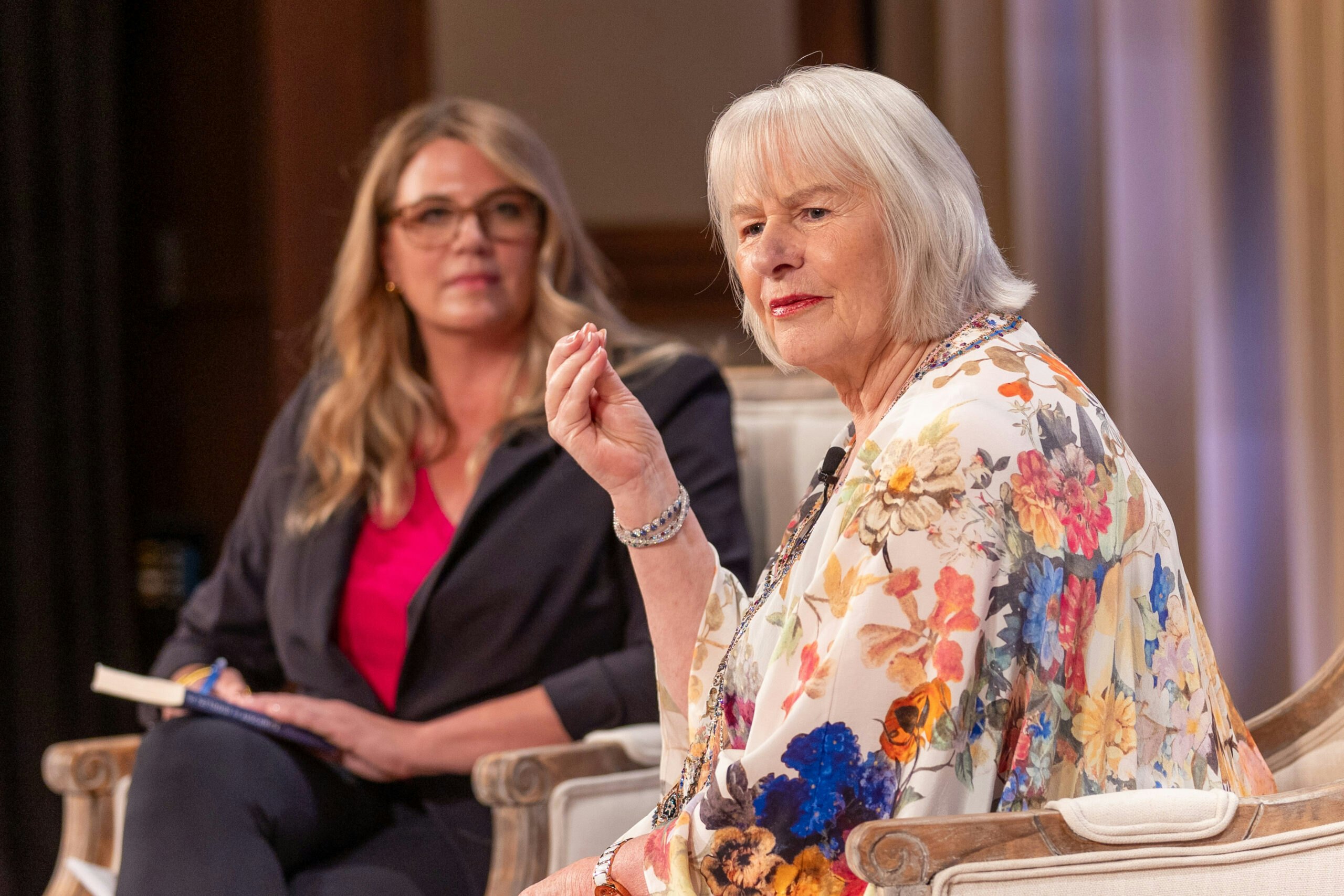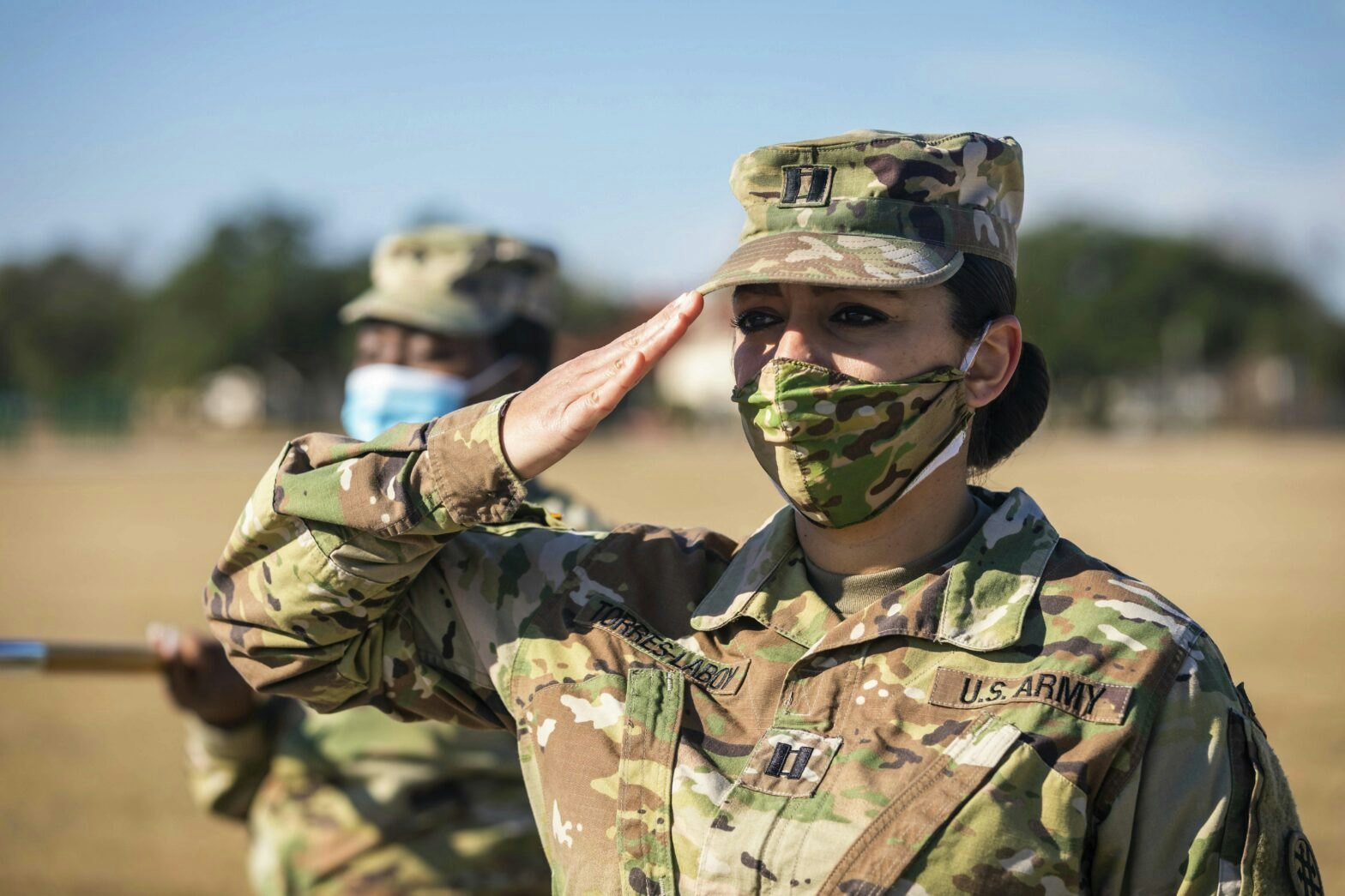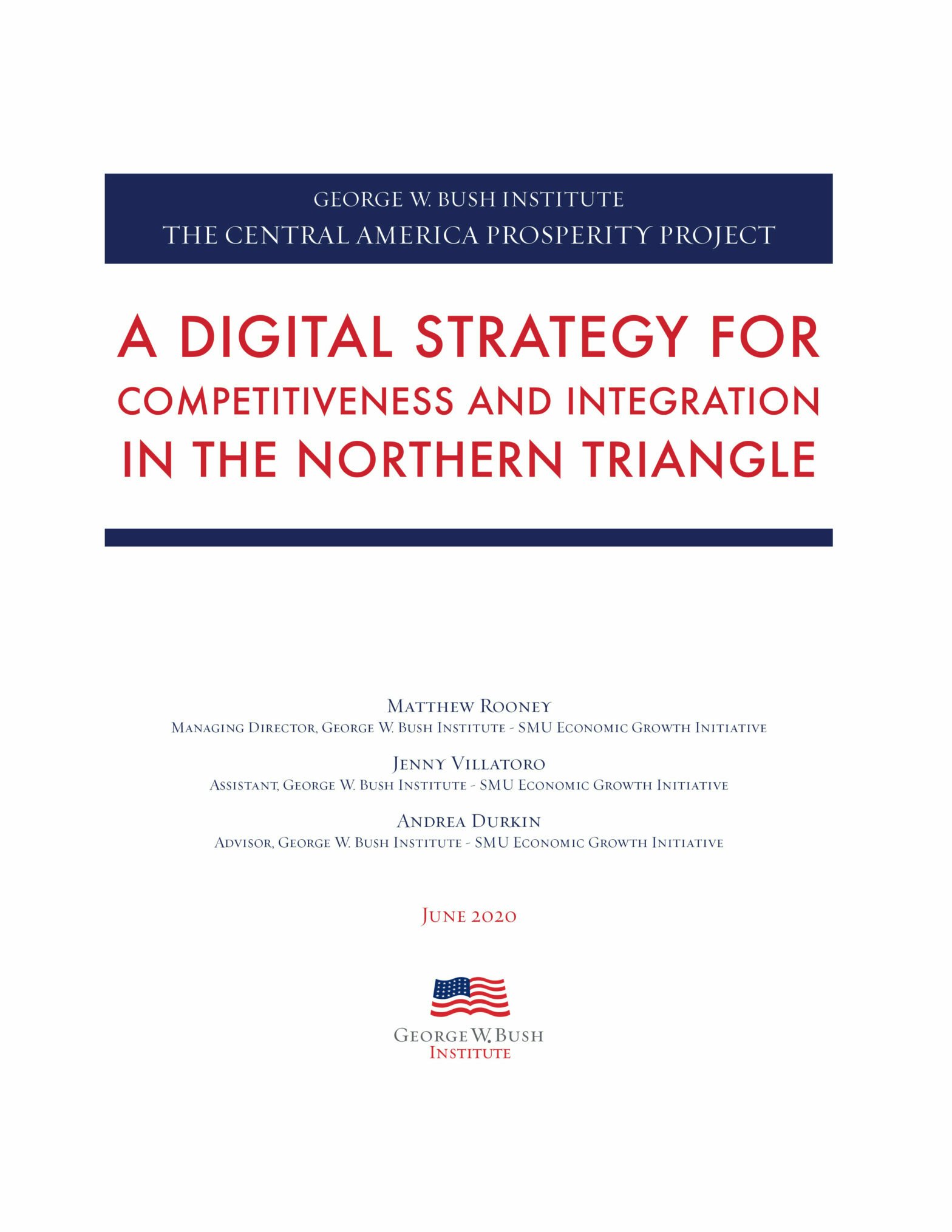Douglas Johnston is president of the International Center for Religion and Diplomacy in Washington. A U.S. Naval Academy graduate, Harvard...
Douglas Johnston is president of the International Center for Religion and Diplomacy in Washington. A U.S. Naval Academy graduate, Harvard Ph.D and former deputy assistant secretary of the Navy, Johnston has spearheaded projects dealing with the religious conflict underlying foreign policy challenges in many places. With the third anniversary of Egypt’s revolution coming on January 25, I asked him to discuss the challenge religious intolerance poses to the advancement of human freedom.
Three years into the Egyptian revolution, religious conflict obviously remains a major issue in that country. But Egypt hardly is alone. Syria. Iraq. Afghanistan. Iran. Pakistan. Pretty much all the areas of global tension have some element of religious strife. This may be a bit counter-intuitive, but are there actually areas where non-governmental organizations and the like are having some success in getting people with sharp differences to understand or at least hear each other?
There are any number of areas where NGOs have been having success in getting people with sharp differences to hear and understand one another. In the case of our own NGO, despite the increasing sectarian strife in Pakistan, we have had significant success in getting the madrasas (religious schools) to give significant priority and attention to human rights and religious tolerance in their curriculums. As a result, they have been reaching out to other Muslim sects and even to Christians as well. Thus far, about 3,000 madrasas have been engaged in this sort of activity.
On a related note, it was a group of graduates of our program who recently intervened on behalf of the young Christian girl, Rimsha Masih, who had been falsely accused of blasphemy. Because of their efforts, she was exonerated and the imam of the local mosque, who had fabricated the entire affair, was taken into custody.
And in Syria, we have been working with Opposition and other leaders (at their request) to help them reconcile their differences. Most recently, we were able to facilitate the development of a social contract between Kurds and Syriac Christians in the Al-Hassake Region (Eastern) of Syria that will enable them to live in peace with one another, quite apart from the fate of the Assad regime.
The challenge in all this, of course, is the magnitude of the problems. For example, there are more than 20,000 madrasas in Pakistan. But because those we have worked with have been in the most radical areas, we feel there is sufficient momentum to take the effort across the country. Meanwhile, the strife continues and probably will until such time as we reach a tipping point and are able to swing it in the other direction.
Is the central problem in these religious conflicts finding a way to respect the freedoms of religious minorities? If that is the case, how can that be changed?
Despite the religious trappings, very few conflicts are about religious differences. What they are actually about are political power and the distribution of resources. In this context, religion becomes a badge of identity and a mobilizing vehicle. And this is one of the inherent weaknesses of religion, the fact that it is too easily co-opted by power politics. In this context, the treatment of religious minorities does become one of the more immediate manifestations of the discord.
This is something our Center has been focusing on a great deal in our work with the madrasas in Pakistan. And it is bearing fruit, as described in your earlier question. But there is more to come. Next week in Nepal, for example, we will be bringing U.S. and Pakistani interfaith leaders together for the inaugural meeting of a new Interfaith Leadership Network that we are establishing. The goal will be to develop capacity-enhancing initiatives that can enable the Network to address more effectively (1) the plight of religious minorities in Pakistan and (2) the spread and impact of Islamophobia in the United States.
It is important in this work to understand that to be genuinely effective, one has to get beyond the notion of tolerance (which suggests a willingness to put up with the other), and move to a posture of respect, in which one cares enough about the other to understand their values and learn what is important to them.
What about Afghanistan? How would you assess the threat of religious extremism to women there? This obviously is a very critical period in the nation’s evolution.
Afghanistan is a real challenge, and a lot will depend on whether the U.S. and President Karzai can come to terms on the pending Status of Forces Agreement. If they cannot, we could end up in the same situation that prevailed following the departure of Soviet forces in 1989, i.e. a civil war in which the Taliban eventually prevailed. In that context, the plight of women could become as dreadful as it was before.
On the other hand, if we persevere and secure the agreement, the situation becomes far more hopeful. There are many upcoming young Afghan leaders for whom the former Taliban regime is a fading memory and who have bought into the positive change the country has experienced over the past 12 years. Moreover, they feel a stake in the country’s future as evidenced by their enthusiasm for the upcoming elections.
In short, there are number of positive developments that, for the most part, have eluded coverage by the Western media. In this latter scenario, Afghan women will not only be able to consolidate their hard-won gains of the past decade, but will be able to build upon those gains as they become an invaluable ingredient in the country’s future success.
Where do you most worry about sectarian violence threatening the cause of human freedom?
At the moment, my greatest worry is Pakistan. The numbers of victims of sectarian violence have dramatically increased in the last year. Those numbers seem on the same track this year. It appears that people are deliberately targeting Shia and Sufi leaders. This can be journalists, government officials and others. In fact, it is sort of all over the map and all over the country.
That does not augur well. I feel if the violence gets more out of hand, there will be a cry for the military to retake the power.
























